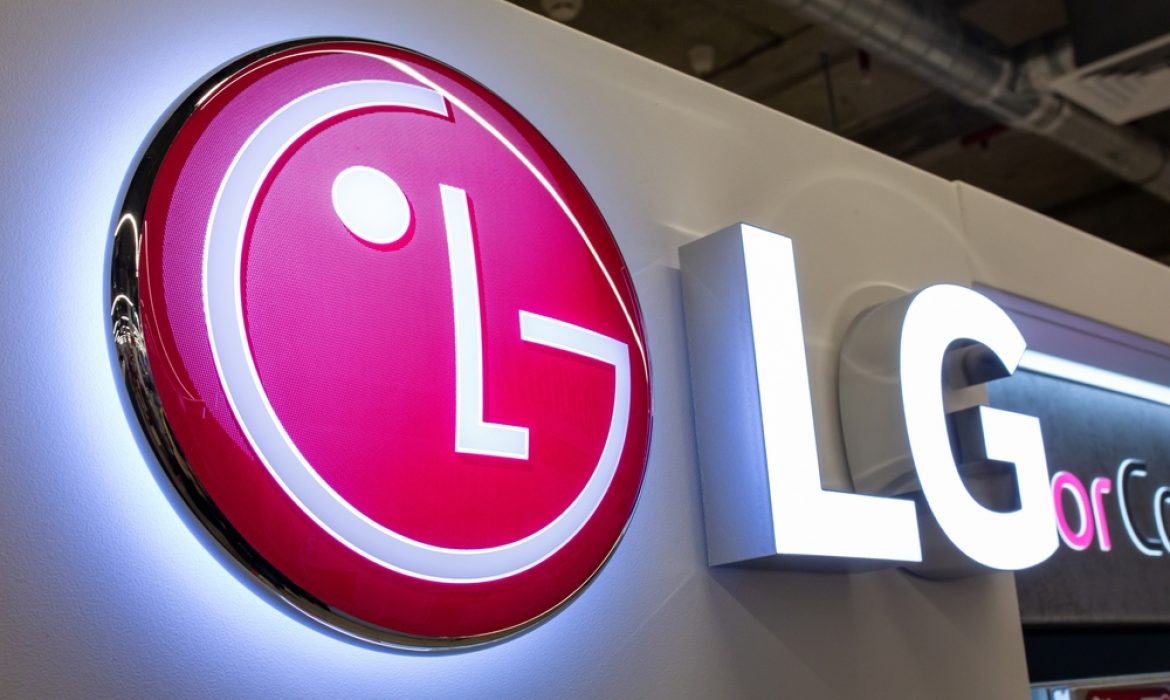Battery maker LG Energy Solution Ltd. reported a significant drop in its second-quarter profit, reflecting a broader slowdown in electric vehicle (EV) sales globally. The Seoul-based company’s operating profit for the three months ending June 30 fell 58% year-over-year to 195.3 billion won ($141 million), missing analyst estimates of 282 billion won, according to Bloomberg data. Excluding a tax credit from the US Inflation Reduction Act, LG Energy posted an operating loss of 252.5 billion won. Revenue also declined, falling 30% to 6.2 trillion won.
The financial hit underscores the challenges facing LG Energy as it navigates a cooling EV market and declining lithium prices. Automakers, including Tesla Inc. and General Motors Co., have been pushing for cheaper battery cells to offset high interest rates that have dampened demand. Meanwhile, competition from Chinese battery makers has intensified, further eroding LG Energy’s market share.
Tesla’s share of the global EV market decreased to 11.1% through the end of May this year, down from 14.8% last year, as the company’s aging lineup struggled against newer models from competitors, according to SNE Research. In Europe, automakers such as Volkswagen AG, Stellantis NV, and Mercedes-Benz Group AG are scaling back or refocusing their battery projects.
“The price of batteries for EVs slumped by almost $50 per kilowatt-hour from its high to around $100,” said Dongjin Kang, an analyst at Hyundai Motor Securities Co. in Seoul. “This means the battery cost fell nearly by $4,000 for GM’s electric SUV Equinox. There’s no reason for carmakers to purchase batteries at the moment; they are still waiting for the price to fall further in the second half.”
The report from LG Energy was preliminary, with final results expected later this month. Following the announcement, LG Energy shares fell as much as 1.4%, though they have since stabilized.
The downturn in LG Energy’s performance highlights the broader issues plaguing the EV industry. As the market continues to evolve, battery makers and automakers alike will need to adapt to shifting dynamics and increasing competition, particularly from Chinese manufacturers.
For more details, read the full report on Bloomberg.
